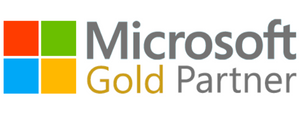We offer practical solutions that drive your business productivity and keep you up to date with technology shifts.

Data and Analytics Strategy
We’re proud to help organizations thrive, and we’d love to tell you more.
Exploring Microsoft Access Use Cases

Why Resultant Leverages Microsoft Access
The Benefits Our Clients Experience
You don't have to be a developer to create and share apps.
Perhaps the most relevant benefit to non-developers, Access comes with an easy interface, making it a straightforward tool for developing business applications. It offers templates and may also allow the user to build from scratch. Its tools are intuitive and enable you to get a functional app running in no time.
Customize apps to grow with your business
Beyond creating apps, you can continually tweak the apps you've designed to align with your ever-evolving business needs. Access has a linked table manager that serves as a central location for viewing and managing all data sources and tables. As data changes, these linked tables can be added, deleted, and modified in real-time. With VBA, you can automatically fit manual business processes and create more effective forms.
Integrate with multiple data sources
Microsoft Access can also work with other line-of-business apps. It integrates their data by using the Access connector library to generate aggregated insights and graphics in the familiar Access user interface. It enhances security, scalability, long-term manageability, and reliability by storing Microsoft Azure SQL and SQL Server data.
Get the most value from your Microsoft ecosystem through these and other services.

Insights delivered to your inbox
